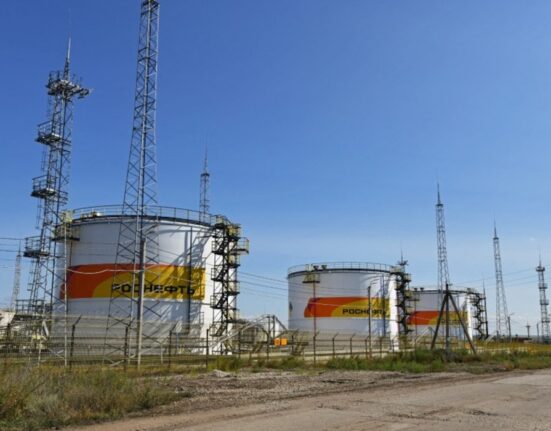In a significant announcement that has sent ripples across global oil markets, the Organization of Petroleum Exporting Countries (OPEC) has declared its decision to extend oil production cuts through the end of June. This move, which reflects the group’s ongoing efforts to stabilize the market and bolster oil prices amid fluctuating demand and geopolitical tensions, underscores the intricate balance OPEC seeks to maintain in the global energy landscape.
Understanding OPEC’s Strategy
OPEC, a consortium of 13 oil-rich nations, has long played a pivotal role in global oil markets by coordinating production levels among its members to influence oil prices. The decision to extend production cuts is not taken lightly; it is the culmination of comprehensive analyses and discussions among member countries, each with its own economic priorities and challenges.
The production cuts, initially implemented to counteract the price drops caused by the COVID-19 pandemic’s impact on demand, have been periodically reviewed and adjusted in response to evolving market conditions. The latest extension aims to support the recovery of oil prices, which have been subject to volatility due to factors such as changing demand forecasts, the pace of global economic recovery, and geopolitical uncertainties.
Implications for Global Markets
The extension of production cuts has immediate implications for global oil prices. By reducing supply, OPEC aims to prevent an oversupply in the market, which can depress prices. This strategy has historically helped stabilize or increase oil prices, benefiting oil-exporting nations with revenues heavily reliant on oil exports. For consumers and oil-importing countries, however, the decision may lead to higher fuel costs, affecting everything from transportation to production costs across various industries.
Economic and Environmental Considerations
The decision also reflects a broader economic calculation. Higher oil prices can stimulate investment in the oil sector, leading to job creation and economic growth in producing countries. However, this comes with environmental considerations. As oil prices rise, so does the incentive to increase oil production, which can have adverse effects on the environment and global climate change efforts.
Furthermore, the move by OPEC is happening at a time when the world is increasingly focusing on the transition to renewable energy. The dynamics of oil production cuts and their impact on prices play a crucial role in shaping the pace of this transition. Higher oil prices can make renewable energy sources more economically competitive, potentially accelerating investments in clean energy technologies.
Looking Ahead
As OPEC navigates through the complexities of global oil markets, the extension of production cuts through June represents a cautious approach to ensuring market stability. The organization will continue to monitor market developments closely, ready to adjust its strategy in response to changes in demand and supply dynamics.
The decision has broader implications beyond immediate price effects, influencing global economic recovery efforts, environmental policies, and the speed at which the world transitions towards more sustainable energy sources. As such, OPEC’s role and decisions remain at the heart of global energy discussions, reflecting the delicate balance between economic, environmental, and geopolitical considerations in an ever-evolving world.
In conclusion, OPEC’s recent move to extend oil production cuts is a testament to the organization’s ongoing influence on global energy markets. As the world watches and adapts to these changes, the implications of such decisions will continue to be felt across economies, industries, and the environment, underscoring the interconnected nature of global energy policies and their far-reaching impacts.












